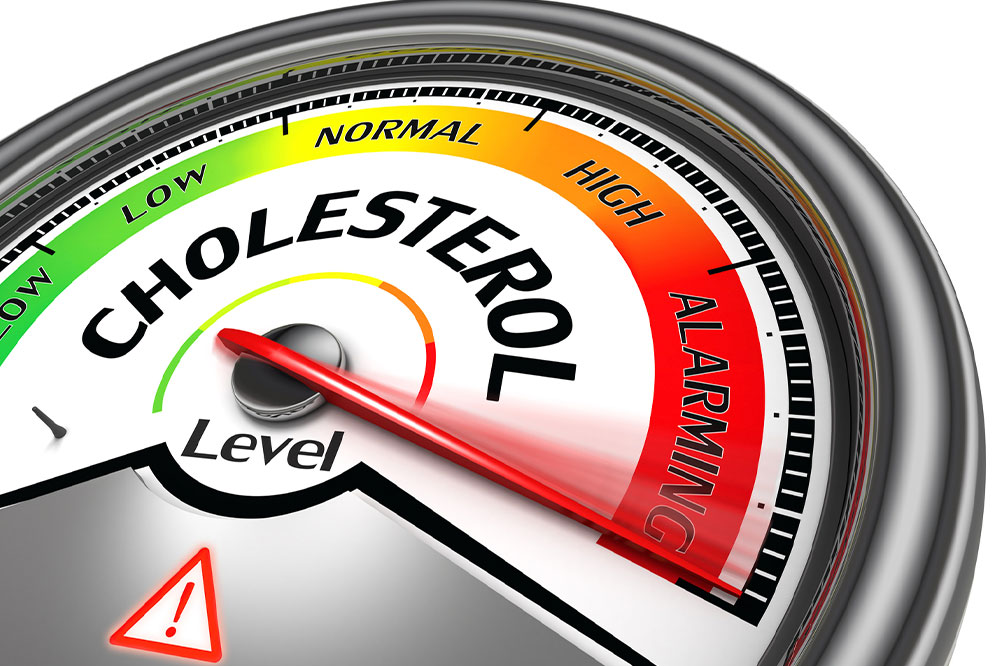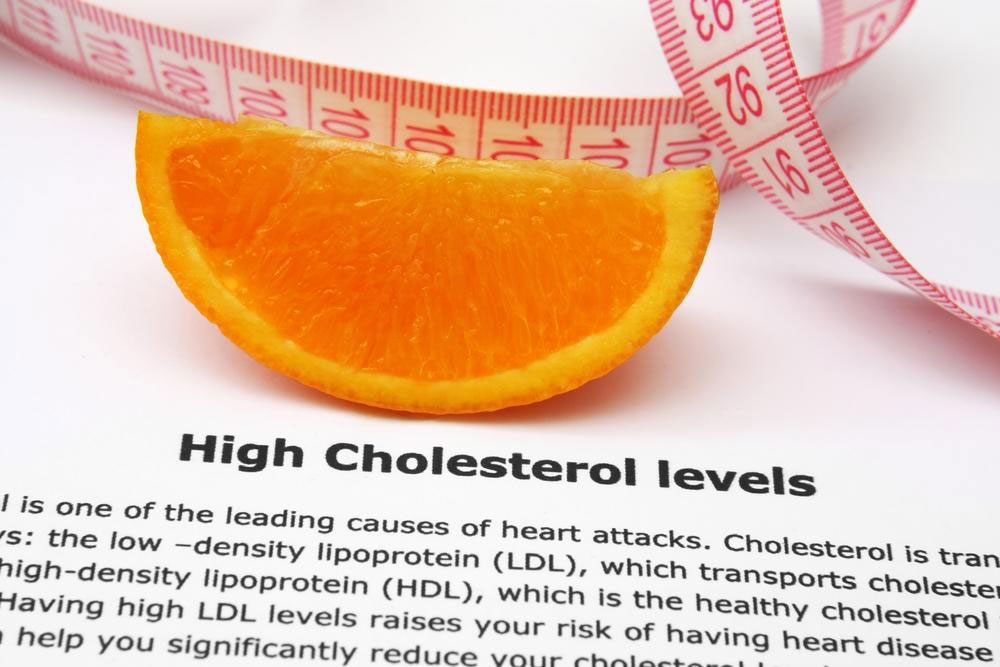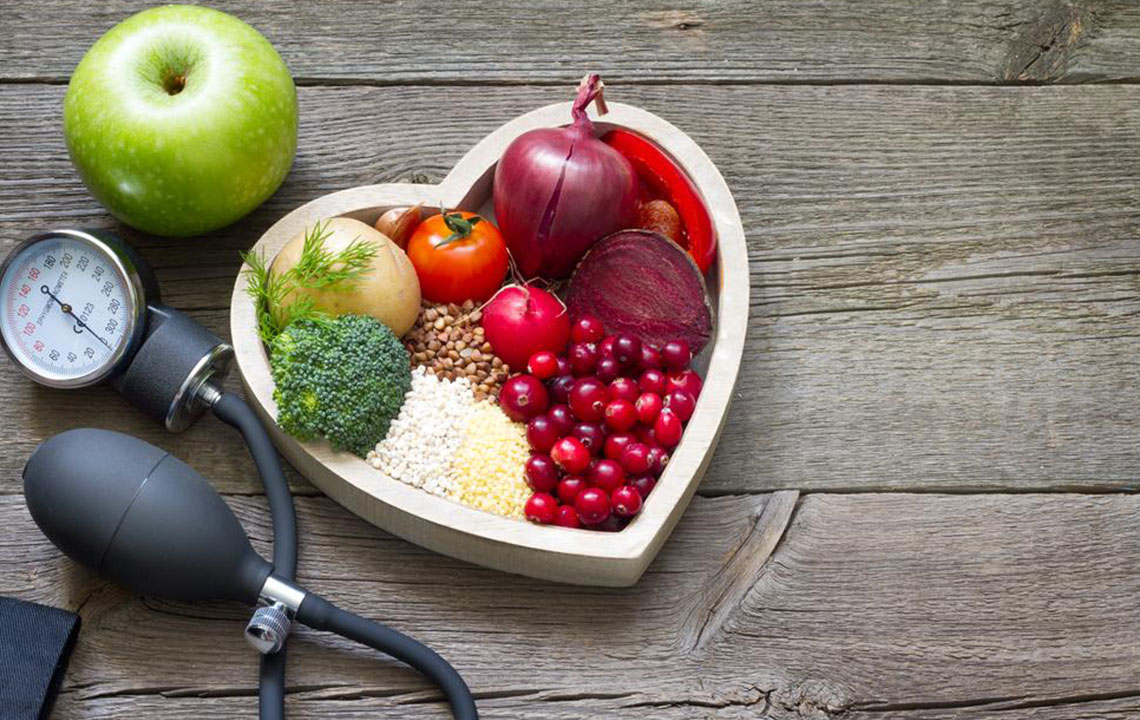Comprehensive Guide to Controlling Cholesterol for Heart Health
This article provides essential tips for managing cholesterol effectively. Learn about the roles of LDL and HDL, healthy dietary choices, lifestyle changes, and when to seek medical advice to improve heart health. Incorporate nutrient-rich foods, regular exercise, and routine testing to maintain optimal cholesterol levels and reduce cardiovascular risks.

Comprehensive Guide to Controlling Cholesterol for Heart Health
Cholesterol, derived from Greek terms meaning 'bile' and 'solid,' is a waxy, fat-like substance present in all body cells. It plays essential roles in hormone production, vitamin D synthesis, and digestion. While your body produces necessary cholesterol naturally, dietary intake also influences levels. Maintaining a healthy balance is crucial; excess can pose health risks. Proper management includes understanding the types of cholesterol, monitoring through regular tests, and adopting lifestyle changes. These steps support cardiovascular well-being and overall health.
Elevated dietary cholesterol can raise blood levels, impacting health.
Is cholesterol naturally present in humans?
Yes, because it is vital for many bodily functions. Cholesterol maintains cell membrane integrity and assists in hormone and vitamin D production. It travels through the bloodstream via lipoproteins, primarily LDL and HDL.
Understanding LDL and HDL
LDL, or 'bad' cholesterol, can lead to arterial plaque buildup, increasing cardiovascular risks. Conversely, HDL, known as 'good' cholesterol, helps remove excess cholesterol from arteries, protecting heart health. Regular blood tests measure these levels to assess cardiovascular risk, recommended during routine health check-ups.
Healthy fats are essential; focus on unsaturated fats in nuts, seeds, vegetable oils, and fish. Limit trans fats found in processed foods, which negatively affect your cholesterol profile. Saturated fats from red meats and dairy should be consumed in moderation.
Recommended cholesterol levels include LDL below 100 mg/dL and HDL between 40-60 mg/dL, with higher HDL offering added protection. Improving cholesterol involves diet enhancements, increased physical activity, and weight management. Incorporate soluble fiber from oats and fruits, avoid trans fats, and exercise regularly to raise HDL levels.
Heart-healthy foods include herbs like garlic, ginger, turmeric, and spices with antioxidant properties. Light red wine consumption and dark chocolate (70% cocoa or higher) may offer cardiovascular benefits. Soy-based proteins and foods rich in omega-3s, such as fatty fish, nuts, and green tea, support healthy cholesterol levels. Consult healthcare providers for personalized guidance and potential medications if lifestyle changes are insufficient.


